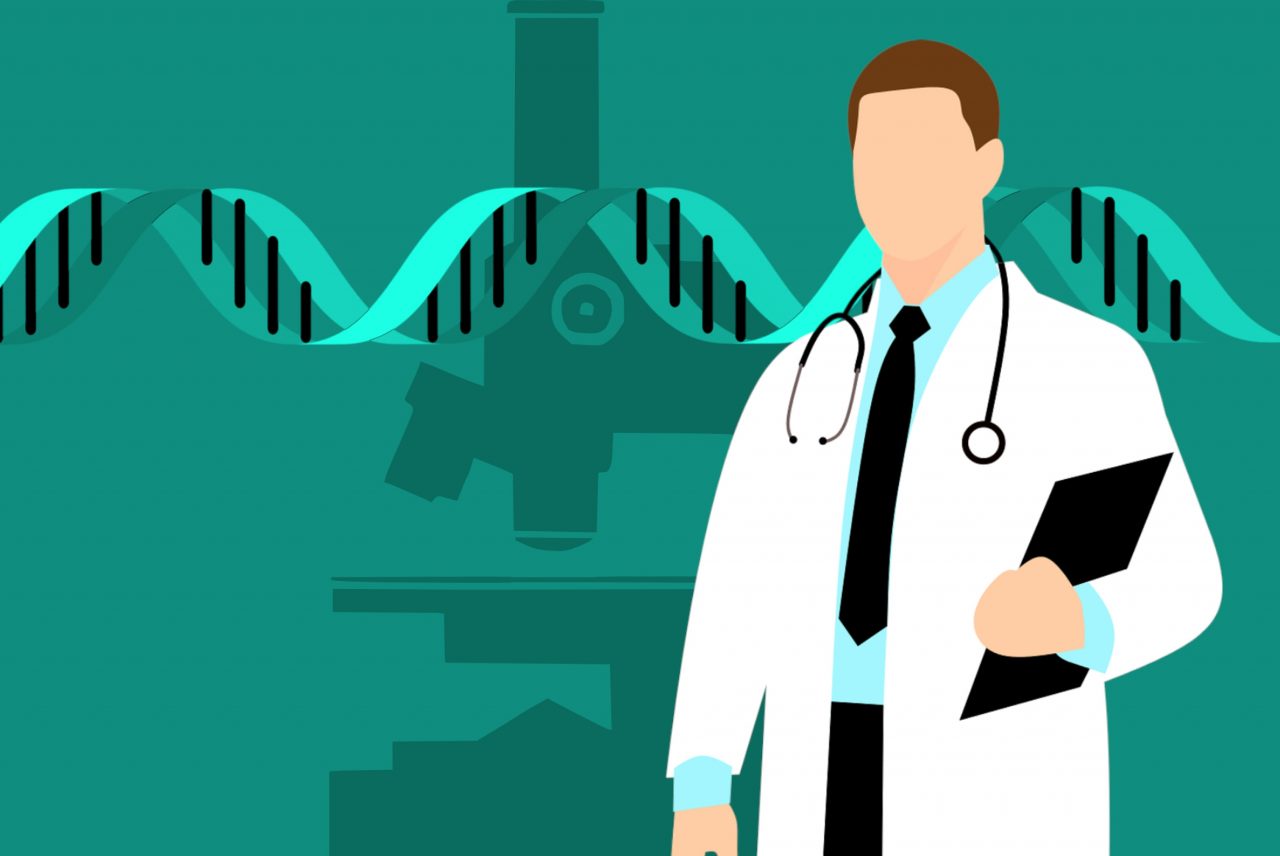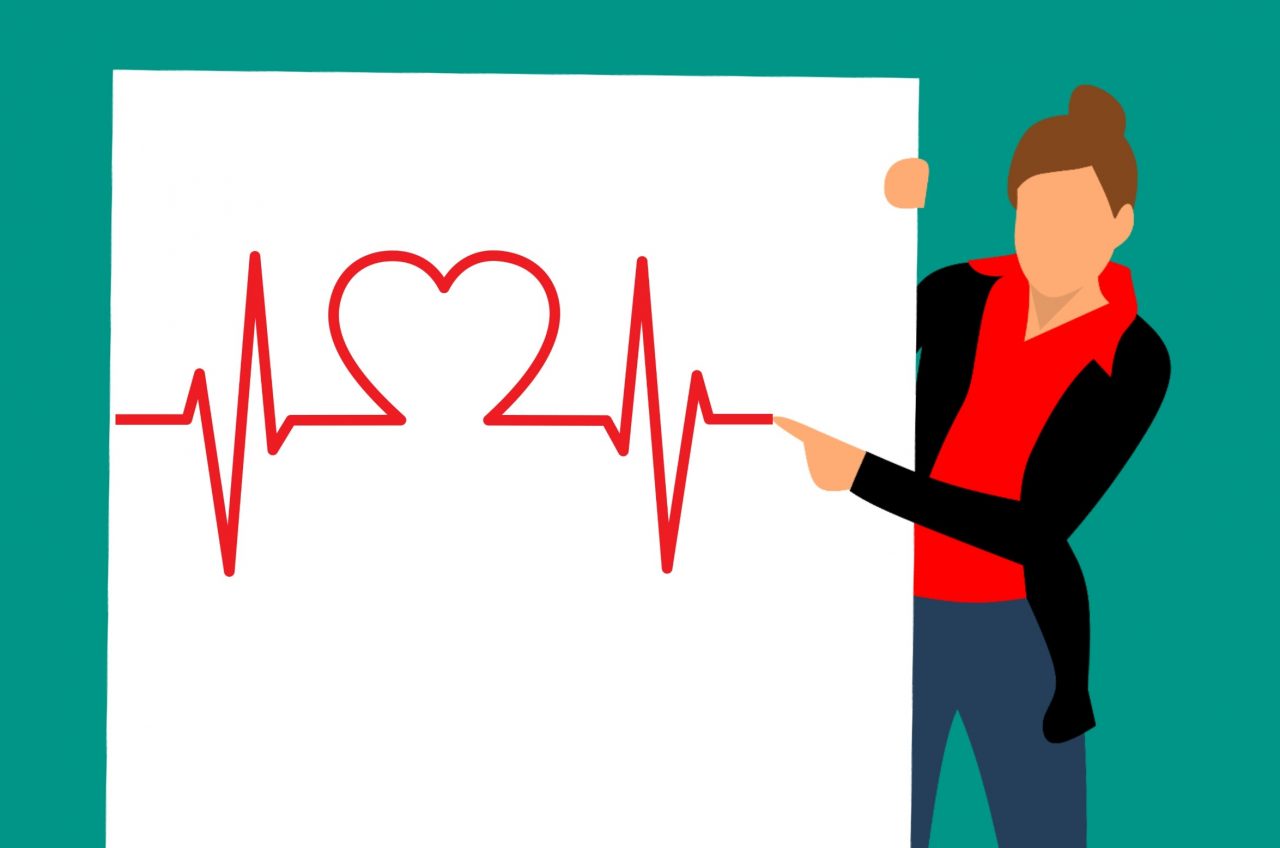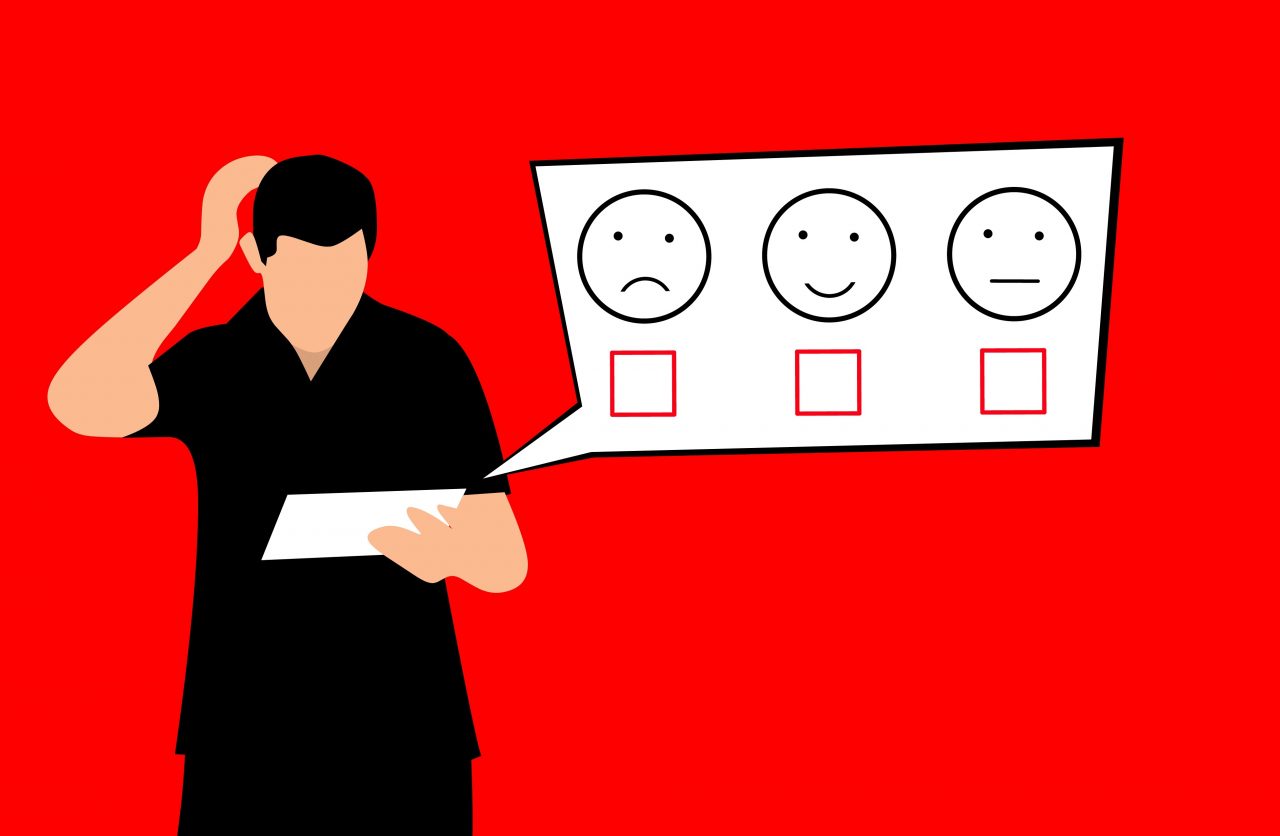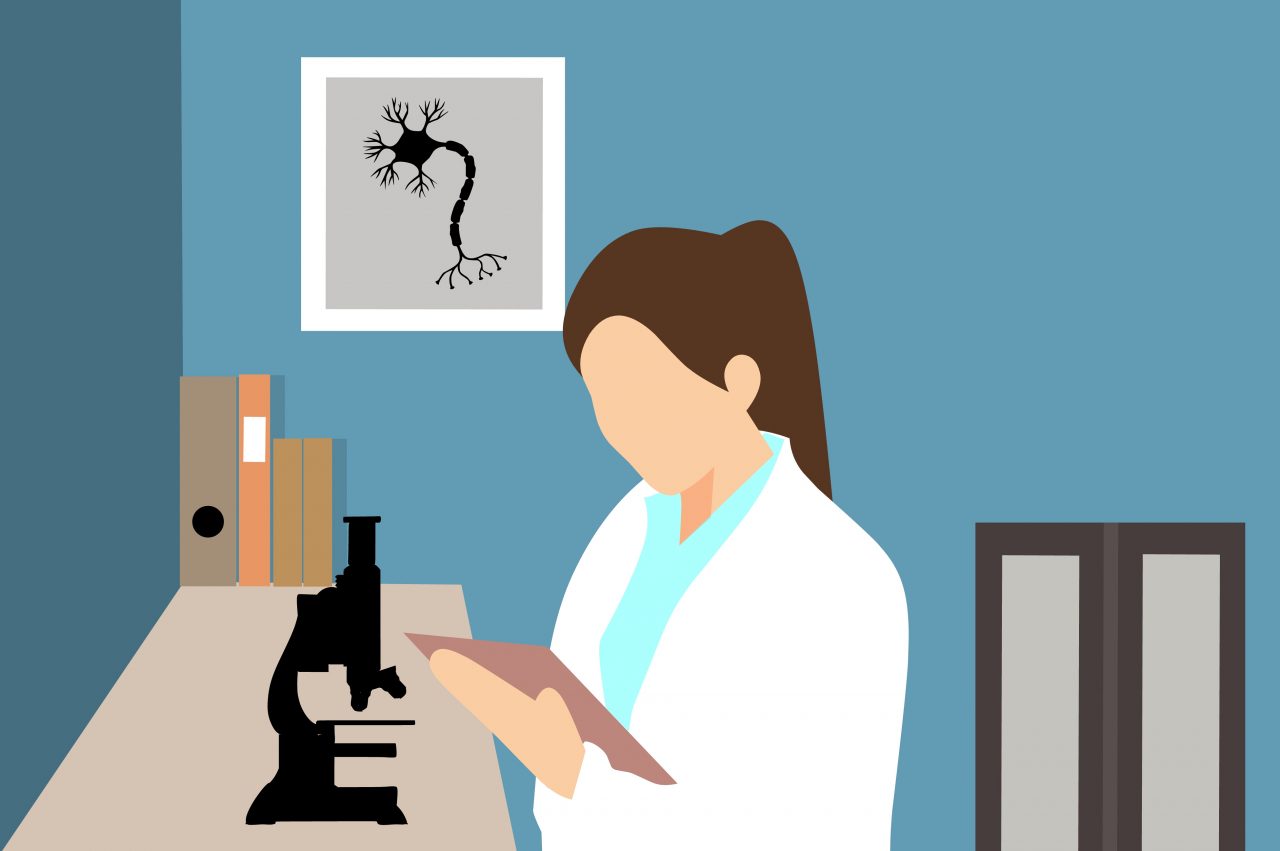
Who decides which treatments you can get on the NHS?
The UK’s National Health Service (NHS) is such a British icon that they literally opened the London 2012 Olympics with a musical tribute to it. Set up in 1948 to provide healthcare that was ‘free at the point of delivery’, the NHS is still handing out (mostly*) free treatment to everyone in the UK some 70 years later.
Being an British icon, however, hasn’t stopped the NHS from being repeatedly criticised. Check out the newspaper headlines and you’ll find the NHS blamed for making people wait too long for operations, discharging hospital patients who have nowhere to go, leaving patients in corridors because of hospital bed shortages, spending too much money on ‘useless’ middle managers, spending too little money on doctors and nurses, allowing foreign ‘health tourists’ to take advantage of it, allowing ‘greedy’ private businesses to take advantage of it, and for causing unnecessary deaths through low standards and staff incompetence (or flat-out criminality).
Often, at the bottom of these sometimes sensationalist reports is a concern about funding and how the NHS spends its money. Because the NHS budget isn’t limitless (indeed, most people say it’s too small) choices have to be made about where its money goes. But who makes those decisions? And how should we judge if the decisions they’re making are the ‘right’ ones?
* The NHS charges some people for some things, like prescriptions and dentistry

NICE to see you, to see you NICE
Since 1999, most of the NHS’s money decisions in England and Wales have been made by an organisation called the National Institute of Health Care and Excellence, or NICE for short.
Scotland and Northern Ireland have stuck with the pre-NICE system, where each little bit of the country had its own NHS authority (a decision-making council, basically). Each authority decided things like which medicines patients in their area got access to and how specific diseases got treated. The problem with that is that each NHS authority had a different way of doing things, and what type of healthcare you got (and how good it was) could vary widely depending on where you lived.
Lots of people thought this ‘postcode lottery’ was unfair, which is why the government decided to put a stop to it in England and Wales by setting up NICE. The idea was that NICE would come up with national guidelines that would be followed at every hospital and clinic.
NICE is part of the UK government (the Department of Health, specifically) and is funded from government budgets. But it’s a quango, which is just a fancy way of saying it operates pretty politically independently: NICE staff are unlikely to all have voted for the same political party, for example. The government hires the top brass of NICE - the board of directors - but then pretty much leaves them to it.
NICE’s job is to decide which treatments, medicines and procedures the NHS will offer, and which it won’t. It also sets guidelines for how patients should be treated (e.g. this many pills, at this many times a day) and also tells the NHS how it should run public health information campaigns.

Just check in with me - what does this have to do with the economy again?
Healthcare is an important topic in economics because it’s closely tied up with several big economic ideas: public spending (i.e. what the government does/should spend its money on), tax (i.e. how the government gets that money), utility (i.e. our individual quest to maximise our personal pleasure) and productivity (i.e. how much work we as an individual or us as a society can churn out).
Lots of unhealthy people is usually considered bad for the economy. Sick people tend to be less happy than well people. Unwell people struggle to get a job and/or do good work. But healthcare is expensive, and decisions about how to fund it are tricky. If individuals pay for their own healthcare, inequality rises because richer people can afford treatments and medicines poorer people cannot. If the state pays for healthcare it needs to make funding decisions that not everybody will like, such as what proportion of the overall budget it should make up and how much of its money will come from taxes.

You said NICE decides which medicines should be offered by the NHS and which shouldn’t. But why wouldn’t they provide every treatment that makes people better?
Basically, because money. There are lots and lots of medical treatments out there, and some of them are really expensive - costing thousands or millions of pounds a pop. If the NHS offered all its patients all these super-expensive treatment option then it would quickly run over budget. That would leave the government with a series of unpopular choices: up NHS funding by raising taxes, cutting spending elsewhere or going into debt, or refuse to hand over more money and deny treatment to anyone unlucky enough to fall sick after the budget limit is reached.
It can be hard to wrap our heads around the idea that as a society we would - or should - choose not to give a particular treatment to someone who is unwell and suffering. That’s especially the case when some people inevitably peddle theories about how economies could give everyone everything they wanted if we only did this or that or the other. But the reality is that we often have to trade one thing against another, and make hard choices that inevitably create both winners and losers. People will always disagree about how we should weigh up different interests and what the ‘right’ choice is, but it’s almost always impossible to do the best thing for everybody, all the time.
So how does NICE decide what the ‘right’ choices are?
NICE says that it thinks about two things whenever it makes a decision on whether to fund something or not. Number one: how efficient is it? In other words, how well does it work? And number two: how cost effective is it? That is to say, how much benefit will the NHS get out of this treatment for every quid it chucks in?
Say that a new treatment for cancer has been invented. NICE would want to know how much money it would cost per patient, and how good it is at treating cancer. (Does it completely cure it or just keep it in remission for a few months? Does it work almost all the time or only a handful or times?) They’d also want to consider how common the cancer it treats is (how many people will benefit from this?) and if the NHS already has an alternative treatment (and if it does, is this new one substantially better and/or cheaper?)
It’s probably pretty obvious that if this drug was a cheap, 100-percent effective cure for a common cancer that had previously been untreatable, then the NHS should fund it. Unfortunately, it’s very rarely the case that all these things are true. And that’s where NICE’s job becomes tricky.
Should the NHS fund this drug if it completely cures cancer but is incredibly expensive? What if paying for it means the NHS couldn’t afford treatment for another deadly disease? Which one should take priority? What if you could fund either a drug that would save the life of one Brit a year, or a drug that would reduce chronic pain and substantially improve the lives of 100 Brits a year? Which do you choose then?

Ugh, moral dilemmas are hard. How on earth does NICE keep everyone happy?
Well, it doesn’t, because it can’t. We all have different opinions and values on which treatments and medicines are the ‘most’ deserving.
For example, the NHS has announced that it won’t fund IVF for some women. Some people think that’s desperately cruel, because having a biological child is one of life’s greatest experiences. But some people think it’s wrong for the NHS to spend money on IVF when that money could go towards helping people who are critically ill and in danger of losing their life. After all, if the NHS doesn’t provide something like IVF people always have the choice of paying for the treatment themselves, via a private clinic. Of course, the usual retort to that it that it is incredibly unfair if some improvements to life, health and happiness are only available to well-off.
It’s also easy to take NICE decisions out of context. Newspaper stories like “Desperate mum slams NHS for refusing daughter surgery to help her walk… despite paying for boob jobs” make people angry because it seems like a sick child is being prioritised below women who just want to look good. The reality is much more nuanced - the NHS pays for breast surgery only for women who have had severe medical trauma (usually something like cancer which has resulted in a mastectomy, but occasionally mental health issues stemming from self-esteem issues and body dysmorphia). Also, said boob jobs cost £3,500-£7,000 each, which is much cheaper than the £32,000 treatment the girl’s mother wanted.
You might still feel that the NHS should have prioritised the treatment for the little girl over any sort of cosmetic surgery. That’s okay! But if you swing the other way on this decision, that’s valid too: it all comes down to our personal beliefs and values. For NICE decision-makers, who do take public preferences into account via things like public consultations, it’s about doing the best they can with tricky calls that will never please everybody.



